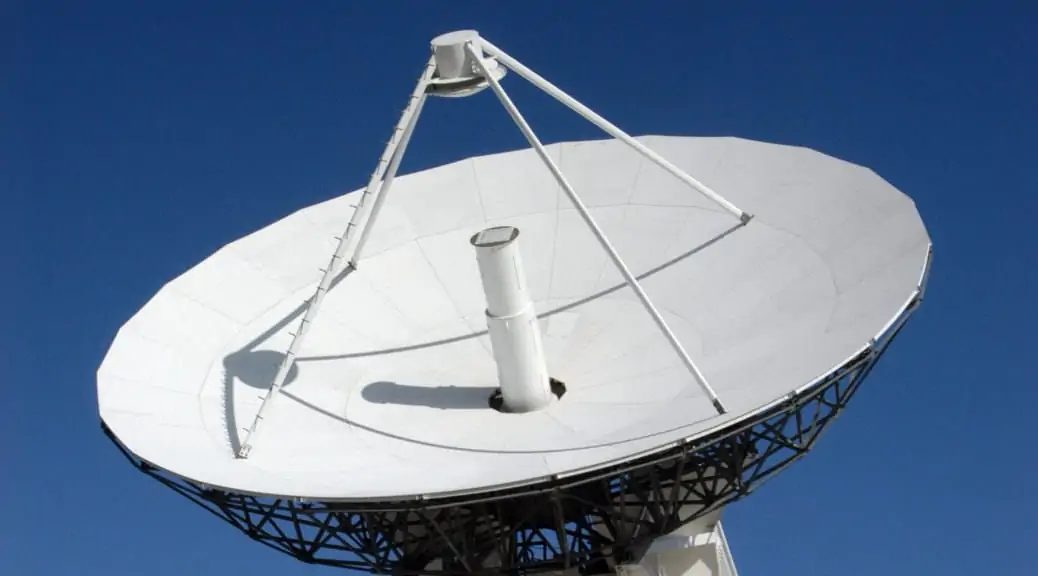Each week our scan collects weak – and less weak – signals… We present below some of the most interesting or relevant features for each section.
World (all matters related to war, international and national security) – Our featured article, this week, is Yinon Weiss “What if the Military Has Been Focusing on the Wrong Thing the Whole Time?” for Small Wars Journal. Weiss, who notably served as US Army Special Forces officer, training allies forces abroad, questions the current American (as well as NATO and anti-Islamic State coalition) policy that consists in training military allies to achieve victory, when, actually, “the other side [is] surviving and even thriving” without any training support.
This article is twice noteworthy because of the importance of the question and its impact on policy and strategy and because it is grounded in facts and reality, daring to leave aside fear, sycophancy, obedience to hierarchy and doctrine. By having the courage to do so, Weiss not only identifies a vital problem, but also, and most importantly, can start outlining solutions. He thus points out the necessity to move beyond tactical and technical training towards inculcating “a belief in something bigger than yourself”, which is part of military training at home, and definitely parts and parcel of the strength deployed by “the other side” (the enemy), as anyone who has watched any video by the Islamic State can (or should be able) to testify.
One of the questions the article does not ask, however crucial, is to wonder is such spirit and ideal may be taught, or generated, by a foreign force, all the more so in an international environment fraught with double standards. It is also in this light that the detailed study just published by ARK regarding “Anger, Betrayal and Mistrust: Public reactions to the initiation of coalition airstrikes in Syria” can be read.
A note on videos and the Islamic State: Accesses by hyperlinks to videos originating “broadly” from the Islamic State (IS) have a relatively short “life duration”, considering the efforts endeavoured by various social media to struggle against IS propaganda. We have decided to leave corresponding hyperlinks even if they have or will become dead, as evidence of both this effort and IS offensive on this front. Furthermore, those dead links are also ways to find those videos, which is necessary as far as analysis is concerned.
Technology and armaments – A potentially revolutionary advance in terms of training and simulations, first for the military, but also for everyone is announced: the development of the Virtual World Framework (VWF), by Lockheed Martin, funded by the Office of the Secretary of Defense, using the principle of common, open source platform and technology.
Energy and environment security –Besides the web of alternative hypotheses surrounding the current fall in and stabilization level of oil prices, the why it happened, the answers it will generate and the impact it is having on various players, for example a negative impact on both the Islamic State and the American fracking industry, an article summarizing the findings “of a new set of studies” addresses geo-engineering risks to human beings that may have to be taken for the sake of the planet.
Science – Notably listen to the clear and easy to understand talk by Pr Goldin on Vox, regarding “the widening gap between systemic risks” brought about by globalization, “and their effective management”.
Economy (look here for issues related to economic crises, monetary policy, inequality, or budget deficit for example) – A very interesting article on the spread of “non-banks” or “Everybody can build a bank” with potential impacts not only on risks to citizens but also on classical banks, on the current financial system and … although it is not addressed in the article, on wars, interstate and intrastate, as new actors (the famous allegedly non-state actors, which are, actually, most of the time, contending state actors) could use this novel system for their purposes.
Ebola – The results of the first safety test (human trials) of the GlaxoSmithKline vaccine are positive. As a result, the likelihood to see an efficient vaccine available and a vaccination emergency campaign endeavoured are raised, which is excellent news. Meanwhile, last weeks trends seems to be again confirmed this week with the stabilization of the outbreak in Liberia, but, on the contrary, an acceleration of contagion in Sierra Leone. According to the WHO latest situation report, we now have “a total of 15901 confirmed, probable, and suspected cases of EVD and 5674 deaths …reported up to the end of 23 November 2014.” However, the UN has also warned that its response objectives for 1 December would not be met, which makes it more likely to see the outbreak continuing and possibly spreading. In this light, the news regarding the vaccine are all the more crucial.
Read the 27 November scan (on http not https)→
The Weekly is the scan of The Red (Team) Analysis Society and it focuses on national and international security issues. It was started as an experiment with Paper.li as a way to collect ideas, notably through Twitter. Its success and its usefulness led to its continuation.
The information collected (crowdsourced) does not mean endorsement but points to new, emerging, escalating or stabilizing problems and issues.
If you wish to consult the scan after the end of the week period, use the “archives” directly on The Weekly.
Featured image: “C-band Radar-dish Antenna”. Licensed under Public domain via Wikimedia Commons


